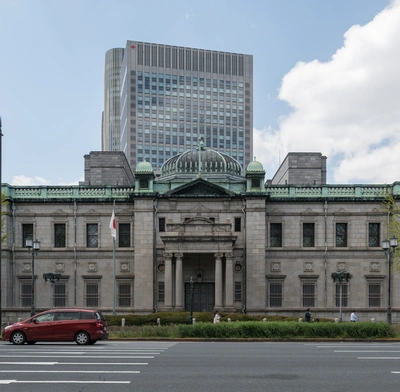Bank of Japan Deputy Governor Ryozo Himino has called on global regulators to rewrite financial rulebooks to reflect today’s markets.
BoJ’s Himino Calls for Global Rulebook Overhaul as Crypto Redraws Financial System

Rethinking prudential standards
Speaking at the GZERO Summit Japan, Himino warned that around half of global assets now sit in institutions beyond the scope of rules known as Basel III, leaving significant gaps in prudential oversight.
Regulators, he said, must “Modernize international prudential standards” to keep pace with a system increasingly shaped by stablecoins and decentralized capital flows.
“Stablecoins might emerge as a key player in the global payment system, partially replacing the role of bank deposits,” Himino said, adding that regulators are doing a lot in these spheres, but much more needs to be done.
Himino also cautioned that US banks’ dominance in dollar deposits could fragment global standards unless regulators act collectively.
Japan’s policy shift
Himino’s comments align with a broader policy rethink in Tokyo. Japan’s Financial Services Agency (FSA) said this week it is considering allowing commercial banks to invest directly in cryptocurrencies and apply for crypto-exchange licences, a marked departure from Japan's traditionally conservative stance.
Officials say the aim isn’t to spur speculation but to diversify portfolios and formalize digital assets within Japan's regulated financial system.
Institutions move in
The policy review coincides with a surge of institutional activity. Nomura Holdings and Daiwa Securities are expanding digital-asset services for institutional clients, while MUFG Bank, Sumitomo Mitsui Banking Corp, and Mizuho Bank are reportedly collaborating on a yen-pegged stablecoin.
The consortium aims to build a shared infrastructure for issuing and exchanging stablecoins among corporate clients. At a later stage, a US dollar–pegged version is expected.
A system in transition
Taken together, the initiatives suggest Japan is positioning itself as the first major economy to weave stablecoins into mainstream finance.
For Tokyo, the message is clear: crypto and traditional finance are converging whether regulators like it or not, and Japan intends to shape the standards, not chase them.







